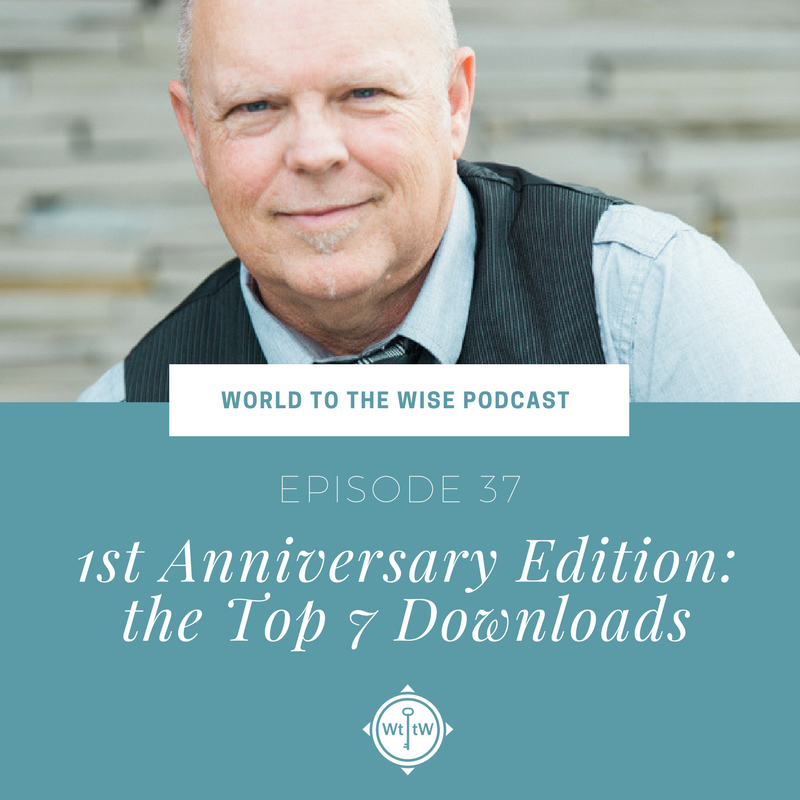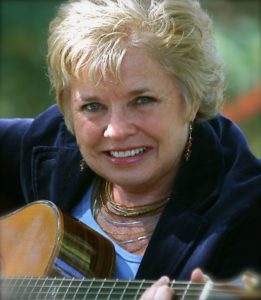This week we wrap up what for me has been a great ride, and I hope you’ve enjoyed it too. It’s been roughly 6 months and exactly 25 episodes since we launched in April, and we’ve been to a lot of parts of the world in that short time.
The great thing about podcasts is you can go back and listen to ANY episode you may have missed along the way — or RElisten to something that’s been triggered by something you’ve heard or experienced lately.
In the inaugural episode I laid out the vision and purpose of this podcast: “to stretch the borders of your thinking, broaden your perspective, and equip you to engage your world.” I hope we’ve done that — from interviews with fascinating people like Dr. Ming Wang, a renowned eye surgeon and philanthropist who grew up under the oppression of the Cultural Revolution in Mao Tse Dong’s China. — to Chris Guillebeau, who recently completed a personal quest to visit every country on the planet.
I particularly enjoyed my conversation with Mike and Patricia Majett, who were very honest in describing what it’s like to live as a biracial couple in today’s American South.
We got to know a medical couple, Drs. Eric and Rachel McLaughlin, in the impoverished nation of Burundi, and were inspired by the way they have poured out their lives on behalf of the poorest of the poor, not only by treating the sick but also by training indigenous doctors to carry the torch.
We visited New Zealand, vicariously, through the eyes of Neil and Jill White, who are still waiting for you to pay them a visit in one of the most beautiful and interesting places Becky and I have ever been.
We visited Turkey, which had just been shaken up by an attempted coup and nerves were still on edge. We also heard from two moms who are raising their children to be bilingual — one is a native English speaker teaching her children Spanish, and the other Italian facing the uphill challenge of teaching her children her mother tongue in an ocean of English speakers.
And I hope you enjoyed my interview with Lee Camp, where we discussed his book, Who Is My Enemy?, as well as Servant Group international Executive Director Dave Dillard. I found these especially thought-provoking, and great preparation for my summer discovery trip to Europe. You’ll remember that my wife Becky and I spent several weeks observing and learning about the refugee crisis there that reached a boiling point in the last year to two years. I recorded podcasts from each of the countries we visited: Switzerland, Greece, Germany, and France. As much as we’ve traveled in Europe, this was probably more of an eye-opener than any other trip we’ve made, as many of the refugees took on names and faces, and true stories of suffering, bravery, desperation and heartache…and survival. As I said at the end of the trip, Becky and I didn’t come back with solutions to this complex dilemma…but we did come back impacted by the plight of these fellow human beings, many of which became our friends in a very short time.
It IS a complex situation. While I am generally in favor of any Western country taking in refugees who have lost everything to the atrocities of war (something that frankly remains the stuff of books and movies for most of us), I also recognize that there are inherent risks. I have questions about the methods of determining where to place refugees, and to what degree we should expect them to integrate into mainstream culture. I’m also aware that these decisions are largely made by people whose lives will likely never be directly impacted by the situation.
In the meantime, I believe in the adage “Think globally and act locally,” so we are becoming more familiar with the efforts in our own city to assimilate the thousands of refugees right here at home.
In August we turned a corner and began a series on subcultures within the United States. The truth is that the notion of a typical American is pretty much a myth, and we have much to learn — whether Americans or not — about the many subcultures that make up the American patchwork. Although we barely scratched the surface — so far — we met some interesting people. From the Navajo Nation and Santa Fe in the West, to the gentle Southern culture of the South Carolina Low Country, from the Amish community to the Nashville songwriters’ culture to the Indian American community, we tasted a lot of different flavors — all of them American.
You can of course find any and all of these episodes under the podcast tab on this website.
So now we’re taking a brief break, when we’ll be ramping up for more discoveries, stimulating conversations, aha moments, and places to explore on this planet.
In the meantime, I do hope you’ll still be following my blog. Becky and I are leading a group of American artists on a fall break trip to Europe, where we’ll not only see some of the finest art ever made, but meet localcreatives for some cultural exchange and sharing of perspectives , and I’ll be doing some posting from there.
Speaking of which, if you haven’t already done so, you’re invited to like the World to the Wise page on Facebook, and you can find me on Twitter and Instagram at iDavidDurham.
Be well, travel safely, stay curious and we’ll see you soon for Season 2!

































